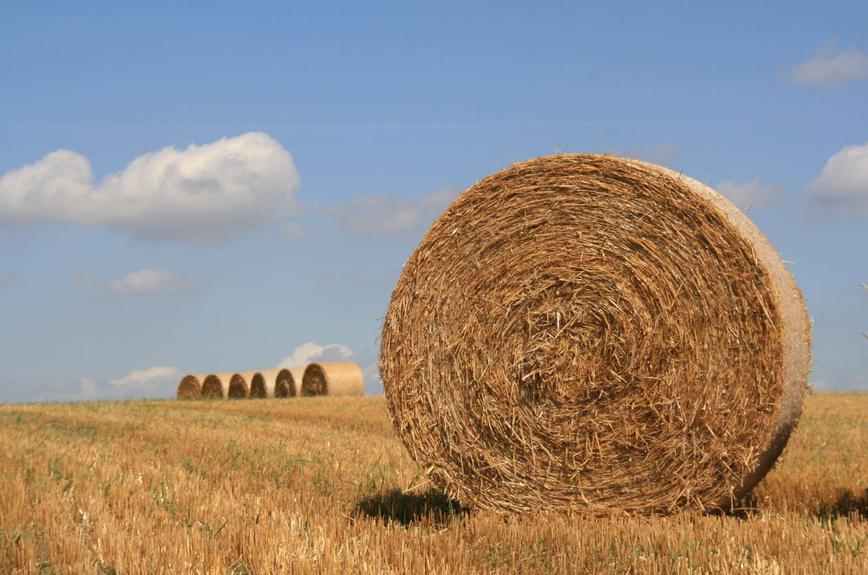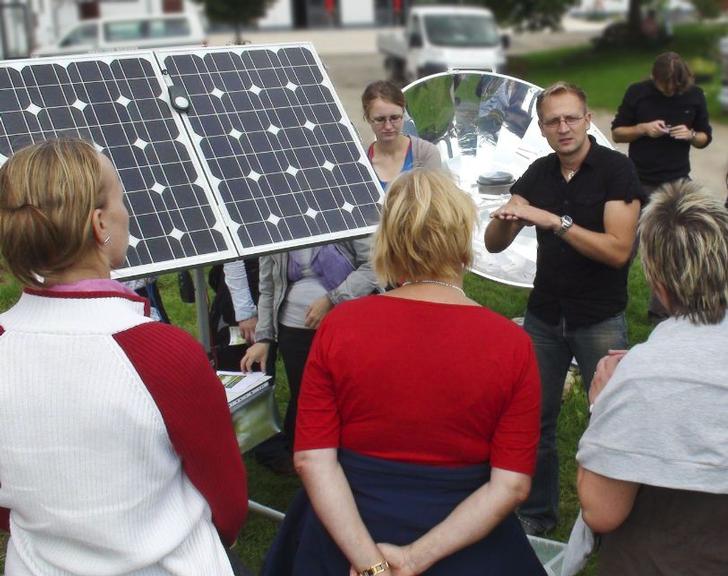Base de données des projets PDR
Jena-Saale-Holzland – A Bio-Energy Region
Summary
This bio-energy Leader project aims to increase the percentage of bio-energy from 15 - 30% in the region. Alongside energy saving measures, PR and educational initiatives include building a sustainable bio-energy centre to raise awareness.
Background
In 2000, when applying for LEADER+ support, local groups and individuals started promoting sustainable development in the region’s rural areas. Future energy supply was a key issue and the potential benefits of bioenergy production for the agricultural community were recognised. In 2009 the Saale-Holzland RAG was one of 25 regions to win a Federal Bio-energy competition, and installed a dual function network that uses existing resources.
Objective
The objective was to promote local bio and renewable energy production alongside the existing network, increasing efficiency and reducing costs. The aim was to raise the local share of electricity and heating from around 15% to 30% by 2020, with an increase in the agricultural biomass share to 75%. Apart from the financial benefits, this would enable some local waste recycling plants to be closed.
Main activities
Activities of this Leader project include: i) Education and PR to strengthen the Players Network and educate the local population; ii) a bio-energy centre to combine activities and conceive new ideas; iii) professional-technical consultancy to optimise existing heating systems and increase crop diversity, and; iv) the creation of the Schloben ‘show village’ to demonstrate bio-energy concepts and the potential of straw as a renewable fuel.
Results & Benefits
Collaboration between the actors involved has increased, a climate protection week was held in 2010, youth and childhood training schemes have been introduced, the use of biogas in two existing heating systems has been improved, a bio-energy village has been set up to promote the concept and establish a heating network and biogas system and finally research has been conducted into using residues such as ash for fertiliser, CO2 for greenhouses, and realising the potential of forests.
Lessons learnt
Sustainability requires collaboration between a wide range of actors and local participants; networking is not easy and requires continual activation and co-ordination. Furthermore, it takes time to build trust but creating win-win situations can helps. €187M is spent annually in the region on heating and electricity. Most of that money leaves the region, but local bio-energy supply could mean part of this is retained and costs can be reduced.
Project location and other information
Germany, Deutschland-Thüringen. Located in the central part of Germany.
Region
Thüringen
RDP Territory
Thuringia
Total project cost (€)
500 000
EAFRD contribution (€)
22 000
National contribution (€)
400 000
Private contribution (€)
78 000
Project website
Contact name
Ronny Killan & Thomas Winkelmann
Telephone
+49 36693 23 09 -45 oder -44
Languages for contact
English, German
At a glance
Country
Germany
Final beneficiary type
Individual farmers, Public/local authorities
Budget range
€100 000 - €500 000
Start date:
01/06/2009
End Date:
31/05/2012
Theme / Measure:
• Implementing the LEADER Approach
• Implementing local development strategies
• 413. Quality of life/diversification
Keywords:
Advisory service, Agri-environment, Bioenergy, Education, Energy efficiency
Last update
19/05/2011





